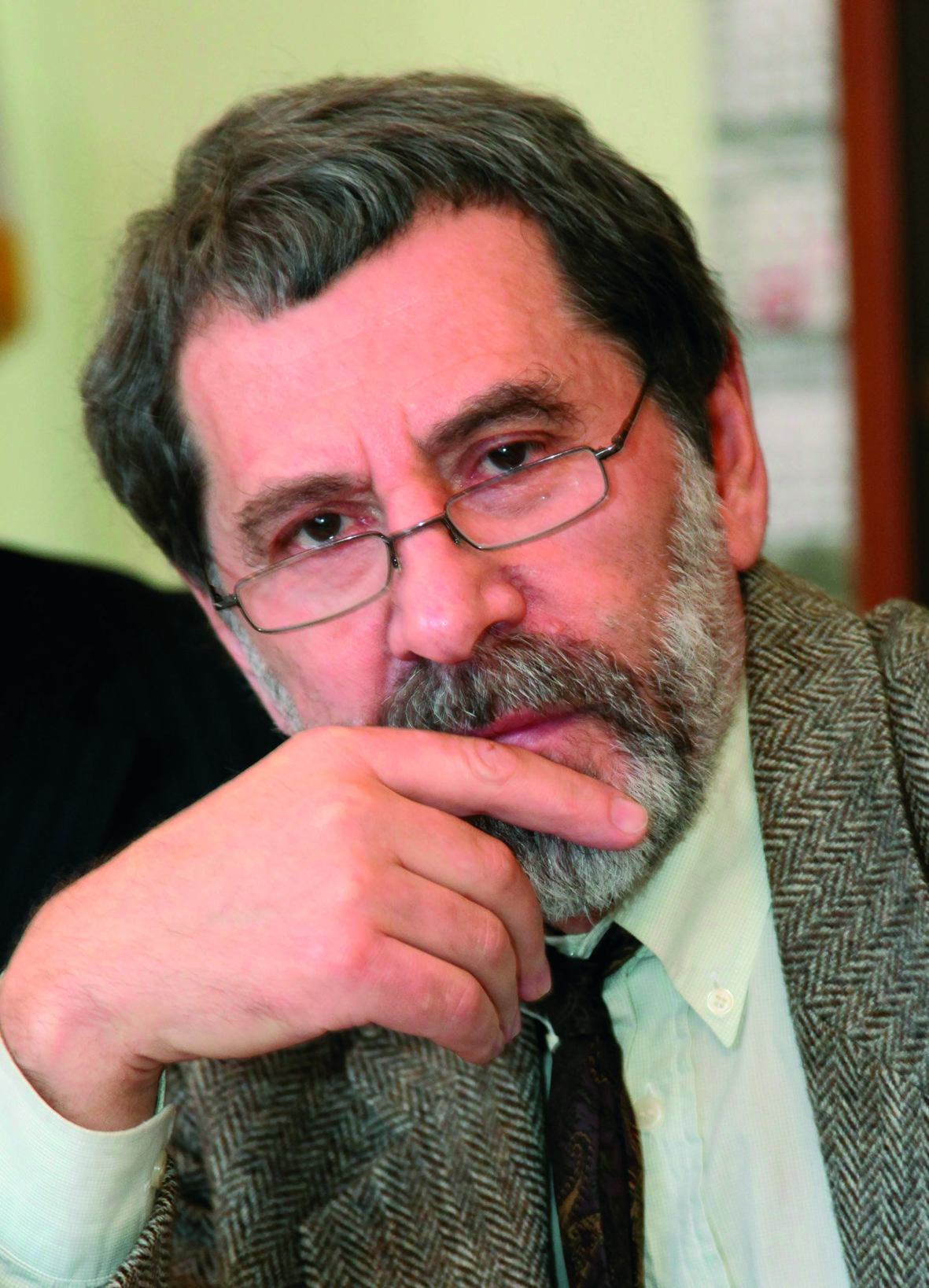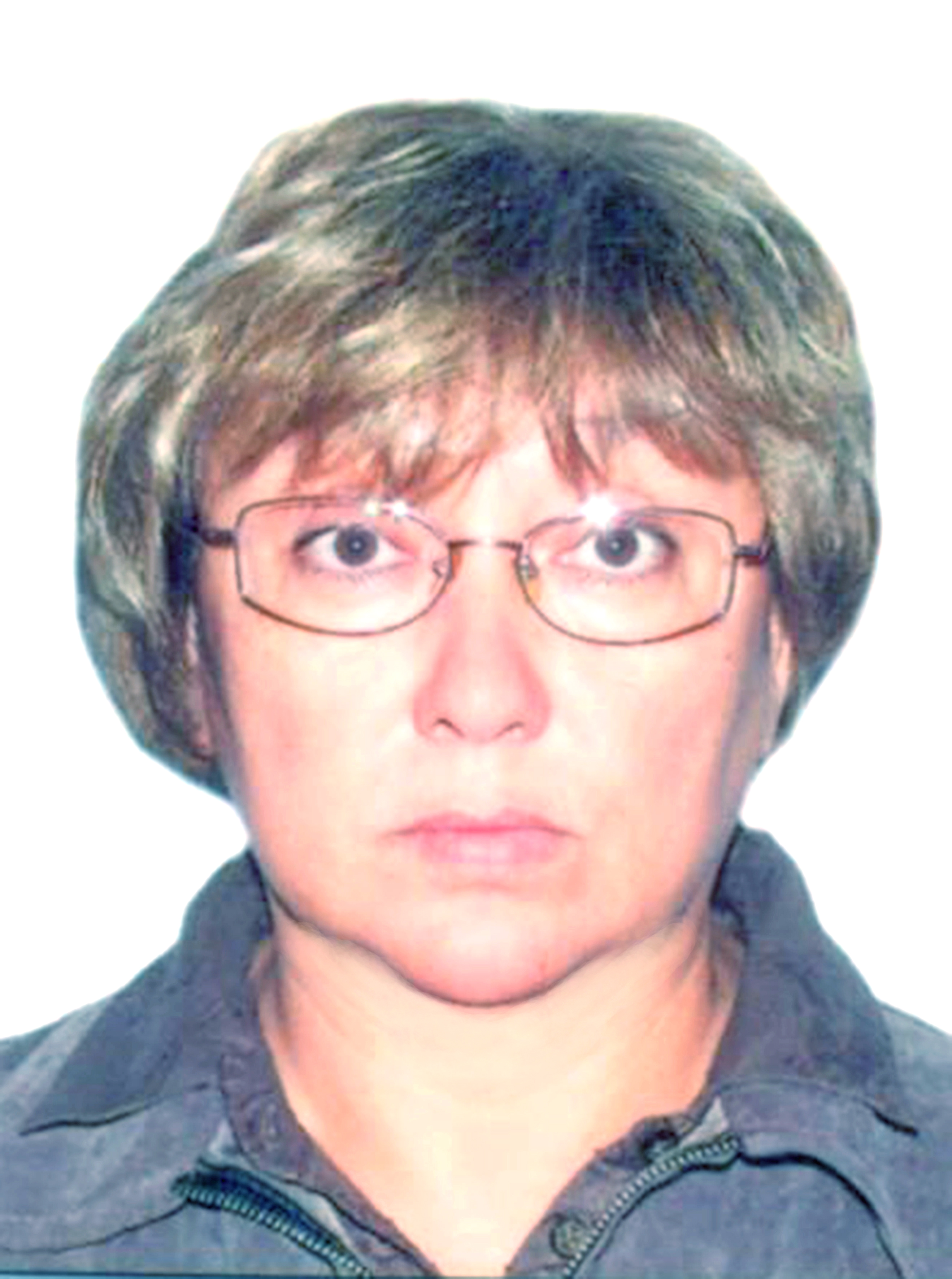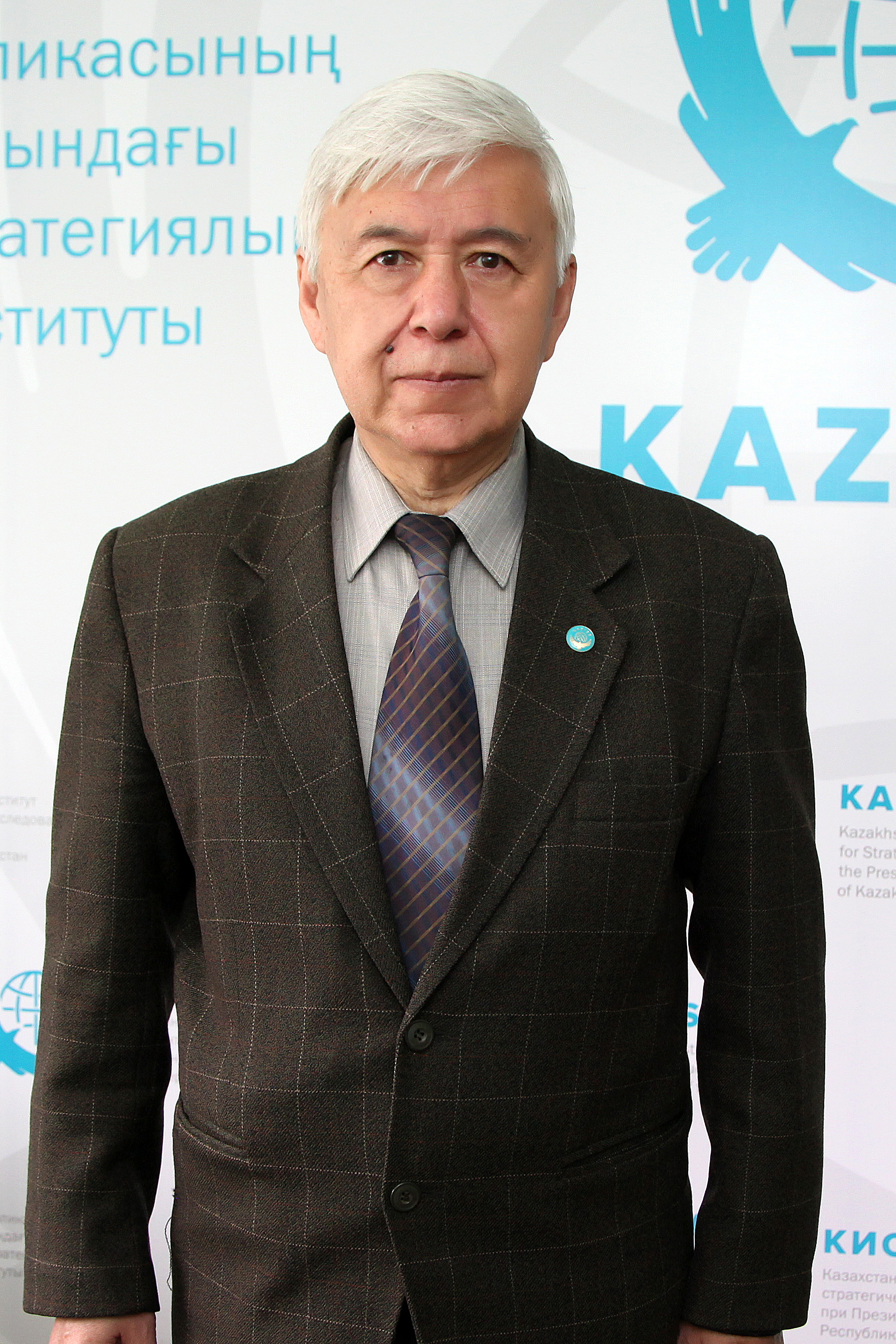Religious values are the most important element of religion, linking faith in God and a believer’s religious practice. Being “passed” through a believer’s self-consciousness and activity, religious values, in their totality, form a religious worldview. Unlike dogmas of faith, religious values are able to develop their content in historical process, which makes them a dynamic aspect of religion. Religious values are associated with such processes as religious identity acquisition and growth of secularization level. These values enter into relationships of various levels and depths with secular and liberal values. Secular values, despite the conceptually different foundations on which activity and worldview of a person are based, rather than religious ones, have a common moral space with the latter. These are: humanism, freedom, creativity, decent relations between people, etc. Liberal values, although they often have their origins in religious values, eventually come into a conflict and even a confrontation with religious values. Since liberal values dominate in the modern world, the more they extend, the more they displace the values of religion from social life and consciousness of our contemporaries. This process largely explains secularization as one of the most significant processes of our time. However, history convincingly demonstrates that religion remains a noticeable phenomenon of personal and social existence, which, in our opinion, is connected with ontological ineradicability of man’s spiritual essence. Hence, freedom and creativity, as forms of human spiritual activity, actualize the content of religious values, recreate them again and again. However, it should be recognized that, despite their significant role in a person’s spiritual life, religious values are poorly demanded in the modern world, which is focused on other value systems built on the ideas of falsely understood pluralism and practice of ever-increasing level of material consumption.
Key words: religious values, human, modern world, freedom, spirituality, society, identity, secularism
DOI: 10.22250/20728662_2022_4_129
About the authors



